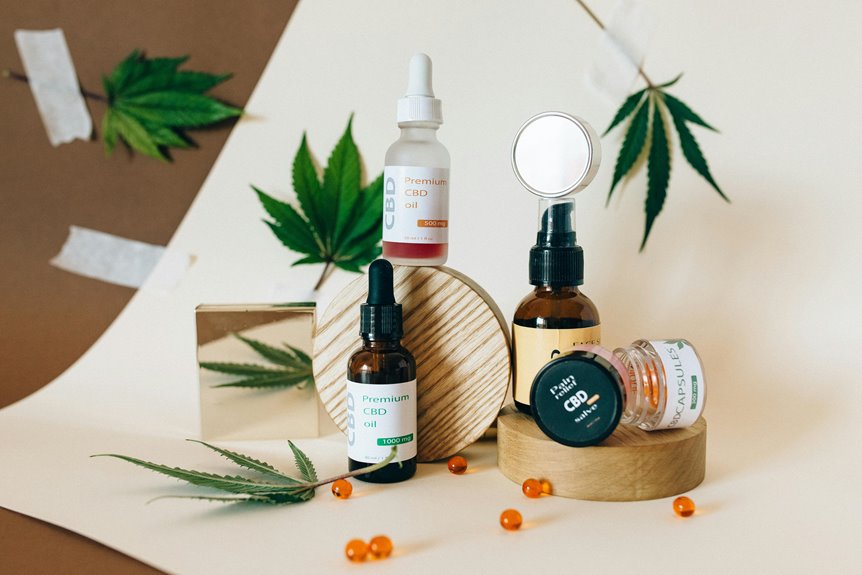The relationship between CBD oil and blood clotting remains a subject of ongoing investigation. Limited research indicates that CBD may have an impact on coagulation processes, potentially influencing clotting factors. This raises important questions for users, especially those on blood thinners. Understanding these interactions is crucial for ensuring safety. What implications might this have for individuals with clotting concerns?
Understanding Blood Clotting Mechanisms
Blood clotting, also known as coagulation, is a complex biological process that involves multiple mechanisms to prevent excessive bleeding and facilitate healing.
Key components include coagulation factors, which are proteins that interact in a cascade to form fibrin, and platelet aggregation, where platelets adhere to each other and to the site of injury, forming a temporary plug to control blood loss effectively.
The Role of CBD Oil in the Body
CBD oil, derived from the cannabis plant, interacts with the body’s endocannabinoid system, which plays a significant role in regulating various physiological processes.
It influences CBD metabolism by binding to cannabinoid receptors throughout the body. This interaction may affect functions such as pain sensation, mood, and immune response, contributing to the overall homeostasis and balance within the body’s systems.
Research on CBD Oil and Blood Clotting
While the therapeutic potential of CBD oil has garnered significant attention, research into its effects on blood clotting remains limited.
Preliminary studies suggest that CBD interactions may influence clotting factors, but the mechanisms and clinical implications are not well understood.
Further investigation is necessary to establish a clearer relationship between CBD oil use and its impact on blood coagulation processes.
Considerations for Users on Blood Thinners
Users on blood thinners should exercise caution when considering the use of CBD oil, given the potential interactions that may affect coagulation.
It is crucial for individuals to consult healthcare professionals to discuss possible CBD interactions with their medications.
User precautions are essential to ensure safety, as CBD may influence blood-thinning efficacy or increase bleeding risks, necessitating careful monitoring and personalized advice.
Conclusion
In summary, the interplay between CBD oil and blood clotting remains largely uncharted territory, akin to navigating a foggy landscape. While preliminary research hints at potential effects on coagulation processes, caution is paramount for individuals on blood thinners. To ensure safety and minimize risks, it is crucial for users to engage with healthcare professionals for tailored guidance and vigilant monitoring. Ultimately, informed decision-making is essential in this complex domain of health.





